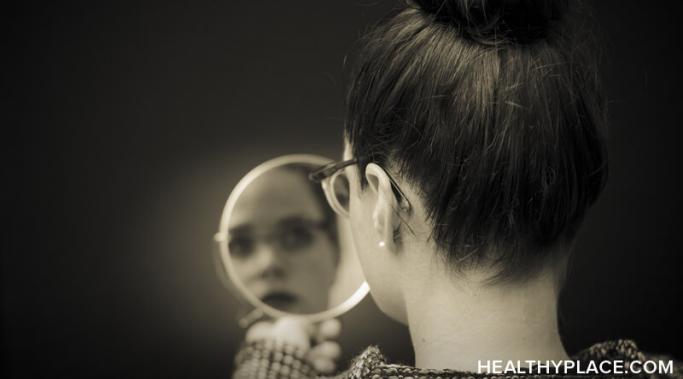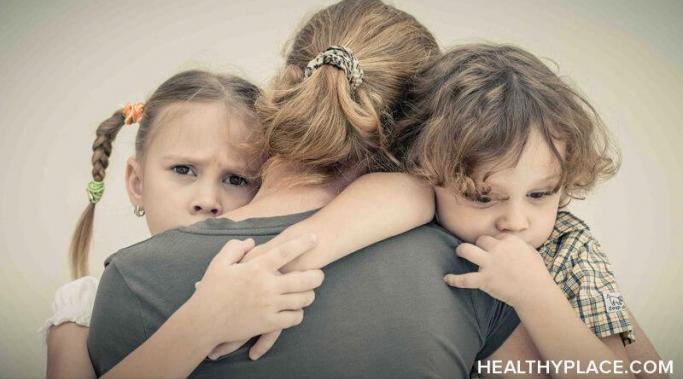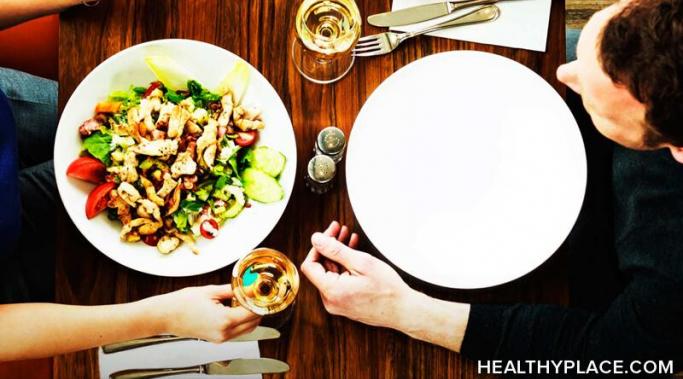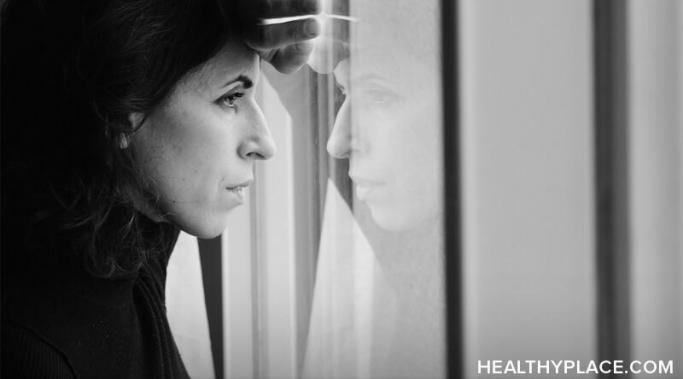There have been countless moments during my time in both outpatient therapy and inpatient treatment when a certain fear held me back from embracing true recovery—the question, "Who am I without my eating disorder?" I knew the illness had starved my body, wrecked my relationships, consumed my mind, and seduced me into harmful decisions, but I clung to it still as my one source of identity. I was terrified of losing the behaviors that I assumed—inaccurately—made me both special and unique.
Surviving ED
Eating disorders and vacation: Do you find it difficult—maybe even impossible—to enjoy a summer vacation without the influence of your eating disorder at the forefront of your mind? I can relate, and it's a continuous process for me to release those obsessions and insecurities around exercise or food anytime I travel outside my normal routine. Recovery from eating disorders and vacation plans can, however, come together.
New research suggests that poor “interoception” – the process by which we notice and understand internal sensations, like how hungry or thirsty we are –- may contribute to eating disorders. It turns out that when it comes to disordered eating, the common stereotypes that restricting stems from an unrelenting quest for thinness and bingeing is due to a lack of self-control are wrong.
Are eating disorders hereditary? What is the connection between eating disorders and heredity? Are some people more genetically predisposed to these illnesses than others? Sure, psychosocial factors—such as environmental influence and media exposure—can lead to disordered eating behaviors, but what about the biological piece? It strikes me as curious that my mother, grandmother, and great-grandmother all exhibited tendencies around both food and body image that I know to be consistent with eating disorders. And moreover, I cannot help but wonder if there is a genetic link between these patterns of generational dysfunction and my own battle with anorexia. So this curiosity has prompted me to delve into what science might reveal in terms of eating disorders and heredity.
There’s been significant research to validate the correlation between the personality trait of perfectionism and bulimia nervosa, although, the causality has been debated. A 2010 study in the "International Journal of Eating Disorders," researchers showed that perfectionism plays a role in the “etiology, maintenance, and treatment of eating disorders.”
While I recognize that social media has given rise to many important and positive strides in the global economy—and I'm not here to condemn it—sometimes I wonder, is there a correlation between social media and eating disorders? As a disclaimer, first I will concede that I use social media, so I am aware it has benefits. My husband has built a career in social media marketing. I communicate with one of my closest friends, who lives in London, on Facebook. I have made all sorts of personal and professional connections on Twitter, Instagram, and LinkedIn. So the purpose of this article is not to demonize social media or critique those who are active on these networks, but to examine if there might be a correlation between social media and eating disorders in this hyper-connected world.
The mainstream culture needs more advocates for eating disorder awareness—and as someone in pursuit of healing for your own life, you could become an advocate.
Research studies have found many parallels between bulimia and drug addiction. Conceptualizing bulimia as an addiction, or simply understanding the similarities between these mental health problems may help open up new possibilities for treatment.
If you are like me, then you might have asked yourself the question: "What are some eating disorder recovery podcasts worth tuning into?" I am a major advocate of professional counseling—in fact, I see my therapist once a week—but I also endorse other supportive resources outside a counselor's office too. The hour I spend in therapy each week is sacred and beneficial to me as a person in recovery for both anorexia and trauma-related issues, but when I'm not directly across from my therapist, the intervention I reach for most often is my arsenal of podcasts. So in this article, I want to break down the eating disorder recovery podcasts that I consider worth tuning into as therapeutic adjuncts—to reinforce not replace clinical treatment—and why I find them useful in my own healing process.
Most mainstream eating disorder films offer stereotypical representations of people with eating disorders. It’s important for our storytellers to start offering honest and responsible portrayals of eating disorders that speak to a wider spectrum of people.









